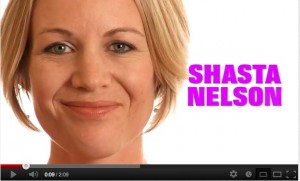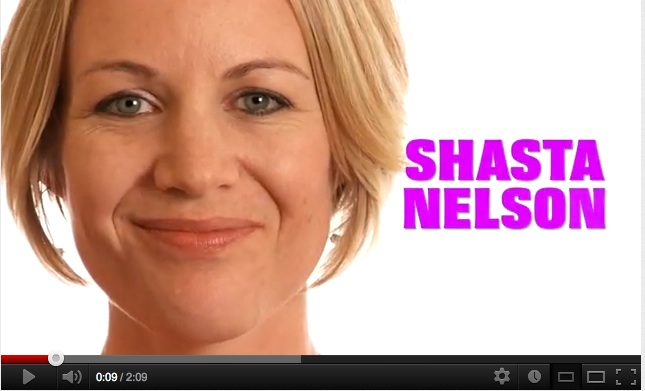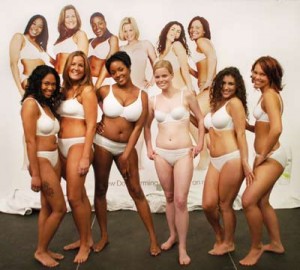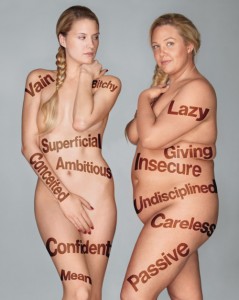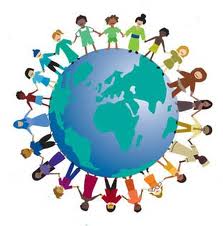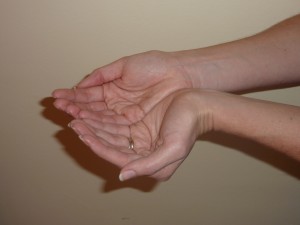As anyone in the spiritual work field will tell you-- whatever sermon we're about to preach will show up in our own personal battles. Whatever lessons we're going to be called to teach will have to also continue being learned. Whatever healing we're going to extend will have to first be received. And maturity is never zapped into us. Praying for patience means that I'll be slowed down more today so I can build up that muscle; and asking for peace means knowing how to find our calm in the midst of the storm even if we thought we meant making the storm go away. Yes, I know all too well that to be a teacher means to first always be a student.
And last week was as blatant as it gets: "Shasta, you have more to keep learning and practicing!"
A Lesson in Forgiveness Presents Itself
All summer I planned for the launch of my author and book website: ShastaNelson.com. So it was with excitement last Tuesday that I woke up ready to show it to the world.
Except when I clicked on it, my videos weren't showing up the way I wanted them to. And so I called the man who had been slaving for weeks on getting every design element coded, double-checking all my links, fixing typos I had missed, and sometimes changing one detail that the designer had requested only then to have me want to change it back.
With a stressful deadline, high hopes, and lots of exhaustion on both sides-- that Tuesday morning conversation ended with mutual frustration. Both sides feelings justified in their version of the story. But he interrupted what he was doing to make the change I requested and then we went live.
But instead of feeling happy, I felt kinda sick to my stomach at the misunderstanding. And while we like to think of ourselves as rationale human beings, research bears out that most of us make a decision based on a feeling and then go seek out the rational, logical, facts, and data that supports our feeling. So we both stewed over how the other person could have handled that scenario better.
I reached out once. He didn't respond. He reached out later. I didn't respond. I had my feelings hurt. And I also felt mad for how I had been treated.
The Irony Isn't Lost on Me
All the while-- my video on ShastaNelson.com is being shown to the world for the first time. That video, "I Have a Theory That Friendship Can Change The World" is the core of my teaching-- basically that our relationships are the gymnasiums where we practice being the kind of people this world needs. Building up muscles of compassion, encouragement, and yes, forgiveness.
Through out the day, whenever I felt frustrated, I'd shake my head in irony as I heard my own voice say, "Because if we can't forgive the people we've committed to loving... then what chance do we have of being able to extend that much-needed gift to people we don't yet know, people whose religious or political views are different from mine, or people who live on the other side of the world from us?"
I kept preaching to myself. And I kept shaking it off. I wasn't ready yet to forgive.
It is far too easy in those moments of hurt and anger to fall for the lie that to forgive the other person means to let them off the hook. I've written on this subject (an entire chapter in my book), taught about it, coached people through it, done it countless times myself... but there I sulked. Momentarily forgetting that I am the prisoner of my own frustration, my own unwillingness to forgive.
Now with it entirely behind me I look back and think it was the most ridiculous thing to have spent all that energy hurting, being frustrated, and feeling defensive about. We've reconciled, both said sorry, and used the opportunity to share honest feelings and set up healthy expectations for the future. We're fine.
But it hit me hard how little the things can be sometimes that end up holding so much more meaning for us. The misunderstandings that turn into battles. The hurt feelings that lead to separations. The wounded egos that refuse to reconcile. The meaning we attach to their words, letting them speak louder than was ever intended.
Fortunately most of our misunderstandings are with family, friends, and colleagues-- people we're committed to trying again with. So we force ourselves up to the plate of saying sorry and offering forgiveness.
And every time I go there, I get a little more practiced at it.
I don't think it's a realistic goal that I can ever live without needing to forgive myself and others, but I do hope that I keep having the opportunities placed before me so that my suffering diminishes a little more each time as I learn to say sorry faster, offer forgiveness more thoroughly, and to extend reconciliation with more love.
Just know that every situation that calls you to forgive is a gift. A place to practice growing up. A place to step into the person we want to become. A place where we practice the skills that the world needs.
I hope for you, today, the gift of someone to forgive. It's a gift. Trust me. :)


